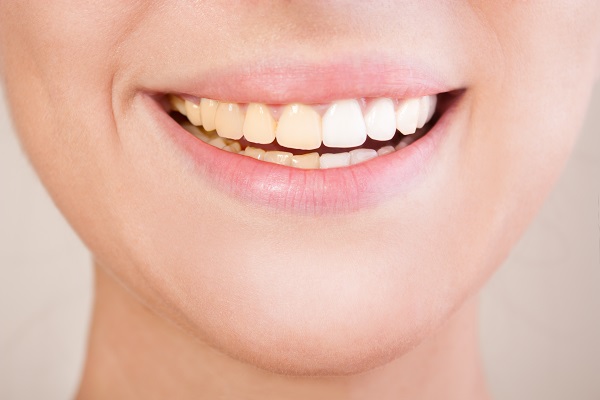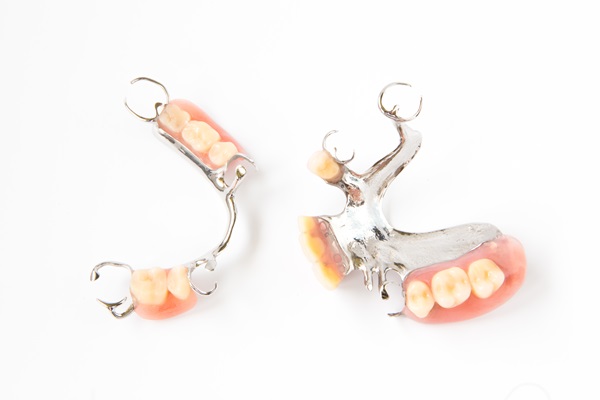Age That You Can Start Having Professional Teeth Whitening?

Professional teeth whitening treatments are one of the most affordable ways to drastically improve the way that your smile looks. Not being happy with the way your teeth look can make you self-conscious and less willing to smile during interactions.
The appropriate age to start whitening teeth is around the age of 13. At this point, all of the baby teeth should have fallen out, so it should be safe to whiten their teeth at that point. Baby teeth tend to be more sensitive to the bleaching agents in whitening products.
Professional teeth whitening for younger patients
Teeth whitening treatments are typically safe for children over the age of 13. The products used for these treatments contain chemicals like hydrogen carbamide and hydrogen peroxide as their active ingredients. These bleaching agents can seep into the inner layers of teeth, where they react with stains and oxidize them away. Bleaching products that contain hydrogen peroxide are typically the preferred way to whiten the teeth of younger patients.
The process
Whitening a child's teeth starts with a dental examination. The dentist will take a close look at their teeth and gums, looking for signs of tooth decay or gum disease. Parents should avoid trying to whiten their child's teeth with over-the-counter whitening products because these tend to contain abrasive ingredients that can damage a child's teeth and leave them in pain. Issues like tooth decay are treated before starting whitening treatments.
Dentists typically use less concentrated bleaching products when whitening children's teeth, and it might involve using a custom mouth tray that is made from an impression of the child's teeth. This prevents the whitening product from getting into their gums, where it can cause irritation or discoloration.
Other ways to improve the color of a child's teeth include whitening toothpaste and mouth rinses. These products are not concentrated enough to damage teeth when used properly, and they can be an effective way to remove surface stains. Parents should ensure that the child does not use such products more than twice a week. Doing so can damage enamel. Composite bonding can also be used to cover up stained teeth, especially when the child is too young for teeth whitening.
Keeping teeth white after treatments
Parents can help keep their child's teeth white by doing the following:
- Make sure the child practices good oral hygiene, which helps prevent new stains from forming and plaque build-up
- Reduce foods/beverages that can stain teeth
- Encourage the child to drink more water, as this can help keep teeth clean
- Visit a dentist twice a year; the dentist will clean their teeth and evaluate them to determine if touch-up whitening treatments are needed
We can safely whiten your child's teeth
Call or visit our San Dimas clinic if you are interested in whitening your child's teeth. Our dentist will guide you through the process.
Request an appointment here: https://sandimassedation.com or call San Dimas Family and Sedation Dentistry at (909) 305-2300 for an appointment in our San Dimas office.
Check out what others are saying about our services on Yelp: Read our Yelp reviews.
Recent Posts
Today, with increasing importance placed on dental aesthetics, there are many reasons why one may consider a trip to the cosmetic dentist. The desire for good-looking teeth is important as beautiful smiles are known to contribute to a person's overall well-being and positive self-image. There are many different avenues for fixing an imperfect smile. In…
An article by GlaxoSmithKline Consumer Healthcare states that more than 18 million people wear partial dentures. Anyone who has been considering getting partials to improve their speech, ability to chew, and even their appearance is not alone. It helps to have the proper information beforehand, though. Partials are created from a wide variety of materials, each…
Dental bridges offer a reliable and effective solution for replacing missing teeth. A missing tooth, whether caused by injury, decay, or other dental issues, can impact the health and appearance of your smile. Fortunately, dental bridges can help restore your oral health. Here are five benefits of choosing dental bridges as your tooth replacement option.Dental…
Individuals suffering from damaged or unsightly teeth may benefit from receiving dental crowns. This straightforward and relatively common procedure can help restore the look and function of healthy, natural teeth. While a variety of components may be used to form dental crowns based on the patient's individual preferences and needs, the installation process is usually…


